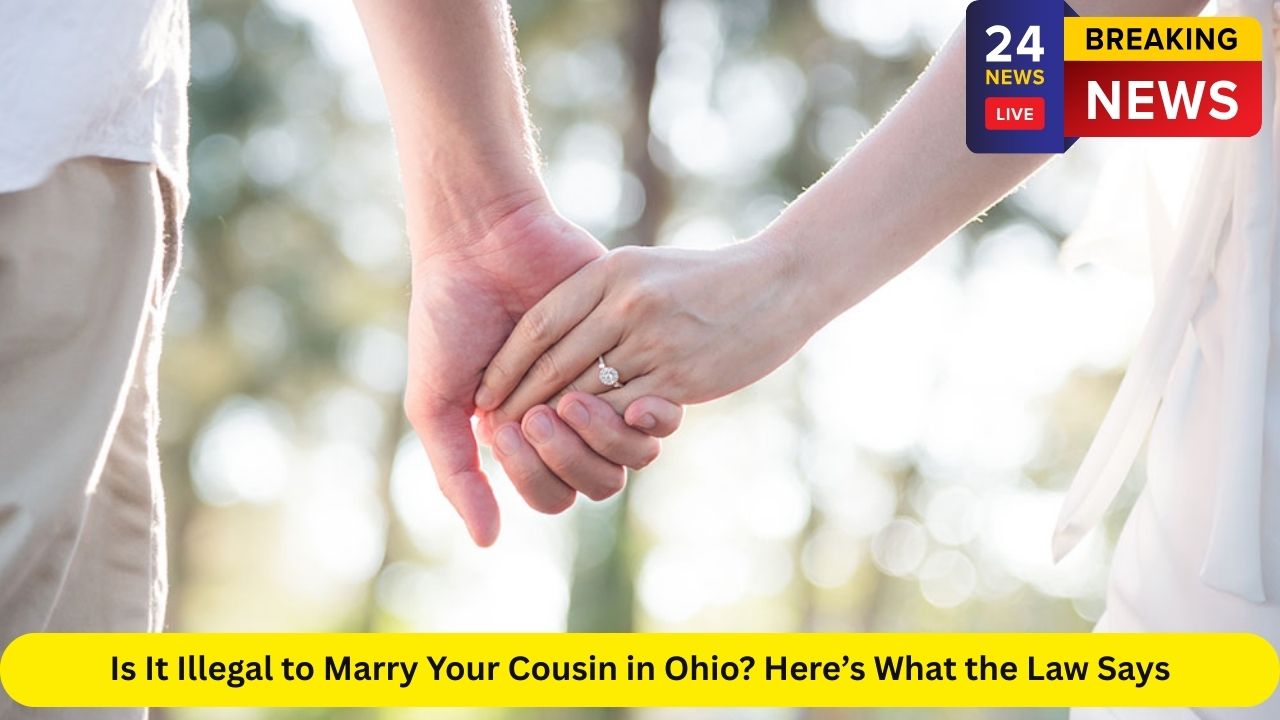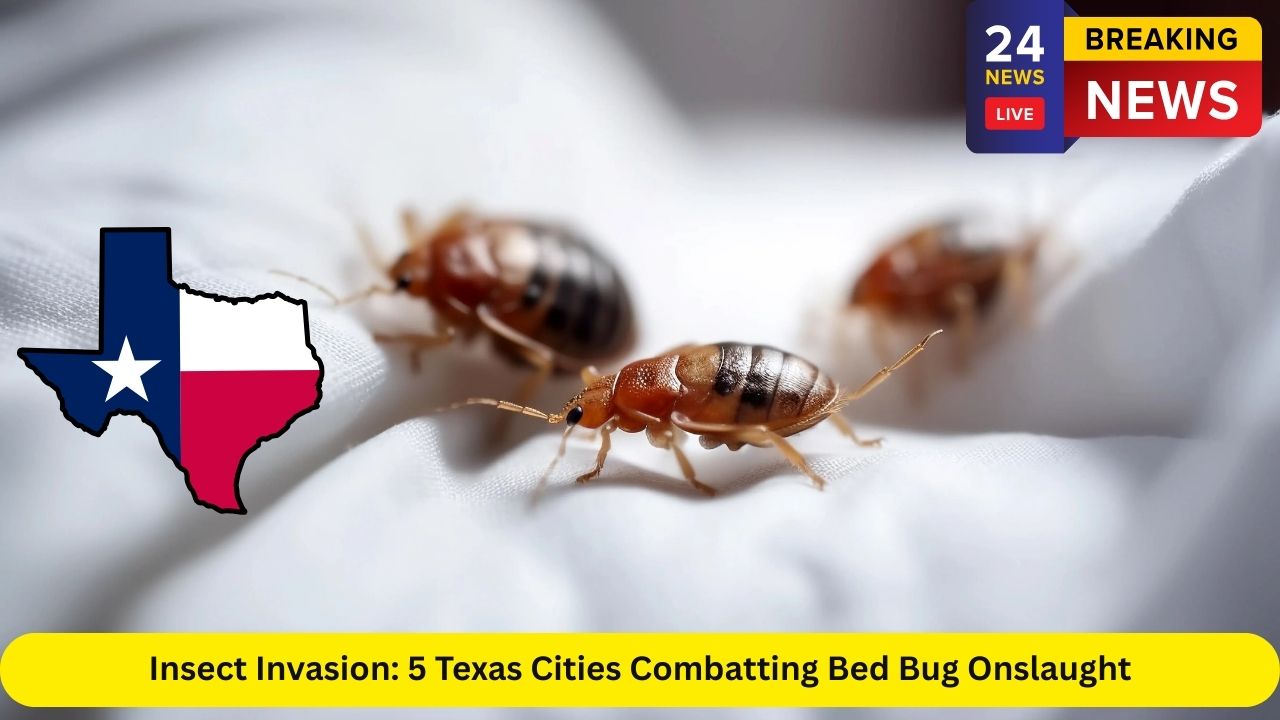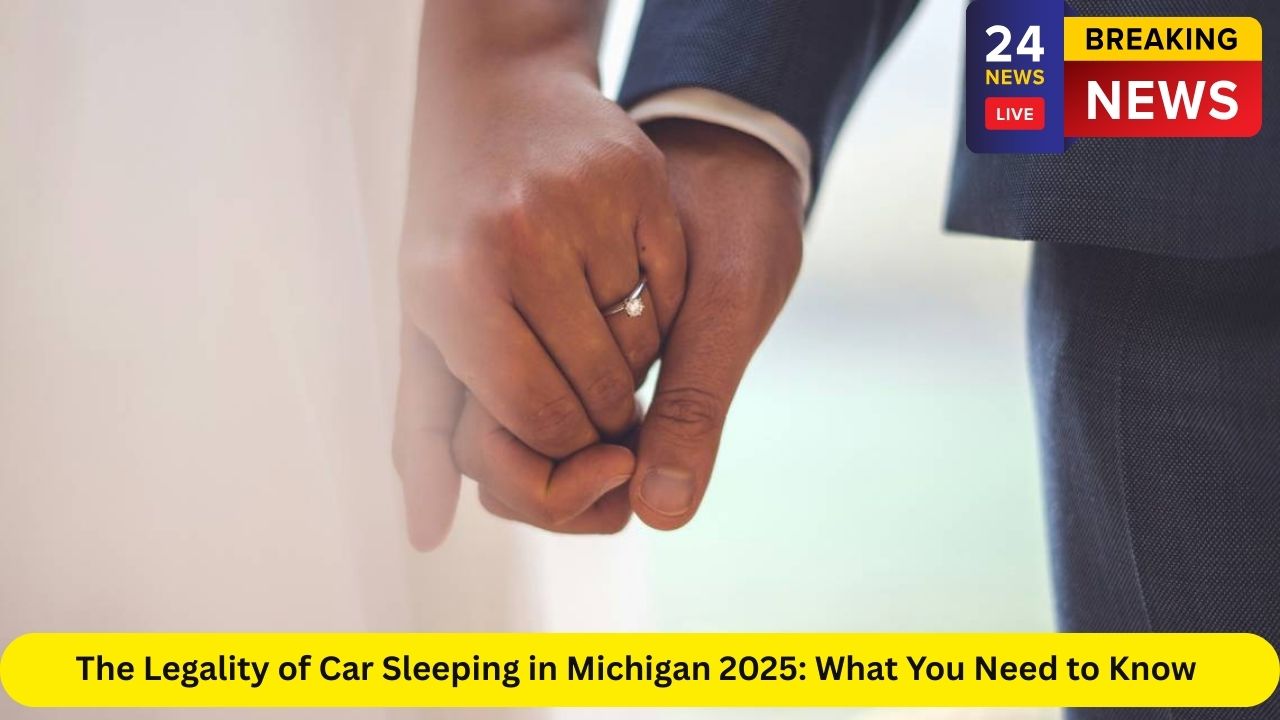Family traditions vary widely around the world, and so does the view toward cousin marriage. While some cultures embrace it, many in the United States view it with suspicion. So what about Ohio? Is marrying your cousin illegal in the Buckeye State—or just socially frowned upon?
Understanding the Legal Landscape in Ohio
Standalone Marriages: What the Law Specifies
Ohio law explicitly prohibits marriage between close relatives. According to the Ohio Revised Code, Section 3101.05, marriages are not allowed between individuals who are:
-
Ancestors and descendants (e.g., parent and child, grandparent and grandchild)
-
Siblings, whether by whole or half blood
-
Uncle (or aunt) and niece (or nephew)
-
First cousins
That means a marriage between first cousins is not legally recognized in Ohio. No matter the level of societal acceptance or cultural tradition, Ohio law treats it as void.
The Intent Behind the Statute
Laws against close-relative marriages date back centuries, often rooted in religious doctrine, cultural norms, and health concerns. Ohio’s legislation aligns with this long-standing tradition, aimed at:
-
Preventing social and genetic complications
-
Upholding a widely accepted moral and ethical framework
The state holds firm that cousin marriages are included in the taboo category.
How Ohio Defines “Cousin”
First Cousins vs. More Distant Relatives
In legal terms:
-
First cousins are children of two siblings. So, if your mother is the sister of your partner’s father, you are first cousins. Ohio law treats this as incestuous—akin to marriages between siblings or direct lineal relatives.
-
Second cousins, like children of first cousins, have a more distant bloodline. While second-cousin marriage is legal in Ohio, the law draws the line strictly at first cousins.
Why the Distinction Matters
Genealogical classification is crucial. Where some see a harmless cousin pairing, Ohioan law sees it as a prohibited close-kin union. This distinction has real legal implications—from marriage licenses to inheritance rights and spousal benefits.
Comparisons: Ohio vs. Other U.S. States
Nationwide Diversity
Every U.S. state takes its own stance on cousin marriage:
-
Prohibited: ~25 states, including Ohio, disallow cousin marriages entirely.
-
Allowed: ~24 states, plus Washington D.C., recognize some form of cousin marriage—typically first cousins.
-
Conditional: A few states allow cousin marriage with restrictions, such as age or fertility screening.
Regional Breakdown
-
Northeast & Western U.S.: More permissive of cousin marriage—most allow it outright.
-
Midwest & South: Generally disallow cousin marriage; Ohio aligns with this trend.
Therefore, while outlawed in Ohio, cousin marriage is still legal in roughly half of the country. States such as California, Nevada, New York, and Illinois allow marriages between first cousins without conditions.
International Perspectives and Cultural Context
Where It’s Normal
In places like parts of the Middle East, North Africa, and South Asia, cousin marriage—especially first-cousin marriage—is common and socially accepted. For instance:
-
Up to 20–30% of marriages in certain communities in Pakistan and Saudi Arabia are between first cousins.
-
Many familial traditions in those regions hinge on cousin marriage, often tied to economic and social continuity.
Where It’s Banned
-
Countries such as China, South Korea, and Taiwan prohibit cousin marriage outright.
-
Many parts of Europe have relaxed restrictions, particularly Western Europe, while some Eastern European regions still forbid it.
Ohio’s position reflects broader Western norms that arose centuries ago and are codified in law with the aim of preventing incest.
Health and Genetic Considerations
Elevated Genetic Risks
The primary concern against cousin marriage is the increased chance of genetic disorders. Risk factors include:
-
Recessive genetic disorders: These often require both parents to carry a mutated gene. With cousins, the odds rise due to shared ancestry.
-
Birth defects & developmental disorders: Studies find a slightly higher incidence rate—typically increasing from a 2–3% baseline risk in the general population to around 4–6% among first-cousin couples.
Still, this increase is statistically moderate. Many first-cousin marriages result in healthy offspring, though each partner should ideally seek genetic counseling.
Expert Guidelines
Medical experts generally advise that first cousins desiring to marry undergo genetic testing—checking for conditions like cystic fibrosis, sickle cell, Tay-Sachs, spinal muscular atrophy, etc.—especially where there is a concern in families.
Legal and Social Repercussions in Ohio
Marriage-Licensing Challenges
-
An Ohio couple who attempt to marry as first cousins would be denied a marriage license.
-
If they falsely claim to be non-related, authorities might investigate; misrepresentation could carry legal implications.
What If Someone Already is Married?
If two cousins legally marry elsewhere and move to Ohio, their out-of-state marriage might face recognition issues. While Ohio typically recognizes valid marriages from other jurisdictions, those explicitly forbidden by Ohio law could be scrutinized. Such recognition might affect:
-
Spousal rights & inheritance
-
Joint tax filing status
-
Division of property
Still, these outcomes aren’t always automatic—they can vary case by case, depending on legal challenges and judicial rulings.
Real-Life Ohio Cases & Anecdotes
Personal Testimonies
While there are no headline-grabbing court cases, anecdotal evidence suggests:
-
Some first-cousin couples avoid legal fallout by moving to permissive states, marrying there, and then returning.
-
Life insurance or inheritance cases have occasionally emerged, especially if the relationship is questioned after one spouse dies, though many such cases end with tacit acknowledgement.
In most situations, these issues never become litigated since the law proactively blocks the marriage license at the outset.
Alternatives for Affected Couples
If you’re first cousins in Ohio and want to formalize your relationship, here are some legal alternatives:
-
A Commitment Ceremony
-
Not legally binding, but allows for celebration and public acknowledgment of your relationship.
-
-
Cohabitation & Domestic Partner Agreements
-
While Ohio doesn’t offer domestic partnership legal status, couples can draft private contracts covering property sharing, healthcare decision-making, and inheritance intentions.
-
-
Legal Estate Planning
-
Wills, life insurance policies, trusts, and durable powers of attorney can mirror many legal benefits normally granted through marriage.
-
-
Relocation & Out-of-State Marriage
-
Some couples travel to states where cousin marriage is allowed, marry there, and readopt civil status upon returning. However, legal recognition may still be challenged in Ohio under inheritance or benefits law.
-
Each path requires close attention—estate planning should ideally be handled with an attorney to ensure all documents are enforceable under Ohio law.
Ethical & Cultural Reflection
Personal Beliefs vs. Legal Norms
Though first-cousin marriage might be normal in some cultures, Ohio law reflects a different set of values—historically based on Western Christian traditions and moral norms, plus tangible concerns about genetic risk.
Changing Attitudes
Cultural norms are evolving. Some family counselors argue:
-
Marriage between cousins doesn’t automatically imply harm
-
Problems in genetic outcomes are not inevitable
-
Laws, however, are slower than shifting social perceptions
That said, even as some individuals challenge longstanding taboos, Ohio’s legal framework remains static until the legislature intervenes.
Genetic Testing and Health Screening
What Are the Options?
Couples in regions that permit first-cousin marriage often consider:
-
Genetic carrier screening—identifying if both partners carry mutations
-
Prenatal diagnostics or preimplantation genetic testing (PGT) to assess embryo health
-
Consultations with genetic counselors, who clarify risks and help interpret probability data
If you live in Ohio but marry out of state, these steps can still be essential to reduce health risks, especially if you’re planning a family.
Case Study: A Hypothetical Ohio Couple
Consider the situation of Sameer and Aisha—first cousins who grew up in central Ohio. With parents from Pakistan, they are close mates. They fall in love and decide to marry.
-
Attempt to get license in Ohio
– Denied under Section 3101.05 -
Choose to marry legally in California
– License granted, ceremony performed -
Return to live in Columbus
– Move into shared home -
Estate planning
– Work with estate attorney to draft wills, assign healthcare power-of-attorney -
Health screening
– Use a genetics lab to screen for recessive mutations
This route allows them to build a life together, albeit with careful legal navigation. Still, their “legal marriage” is vulnerable if Ohio courts are asked to weigh in on specific rights, like spousal benefits or spousal rape statutes, which only apply to legally recognized spouses.
What Ohio May Do Next
Is There Potential for Change?
Cousin marriage reform is unlikely in Ohio. While other states have updated laws, changes to longstanding incest statutes often meet strong resistance, involving:
-
Deep cultural biases
-
Medical advisory consensus
-
Political opposition in conservative constituencies
No major legislative efforts for change have emerged as of mid-2025.
Final Takeaways and Guidance
Here’s a comprehensive summary for those wanting the bottom line:
-
Ohio law prohibits marriage between first cousins—such unions are void and cannot be solemnized or licensed.
-
Second-cousin marriages are legal, and even first cousins can live together, share property, and start families—but not gain legal marriage status.
-
Health risks are elevated but not insurmountable—genetic counseling is strongly advised.
-
Legal workarounds exist, such as out-of-state marriage, estate planning, and private contracts, but these come with uncertainty.
-
Cultural attitudes may be evolving, yet Ohio’s laws remain tied to tradition and precaution.
FAQs
Can second cousins get married in Ohio?
Yes. Second cousins are not prohibited from marrying under Ohio law.
What if first cousins move and marry out of state?
The marriage is valid in the knowing state, but may not be fully recognized in Ohio—especially regarding family law and benefits.
Are children of first-cousin marriages at high risk of illness?
There is an increased—but still modest—risk. Genetic carrier screening can clarify individual risks.
Can I create a domestic partnership agreement in Ohio?
Yes, privately drafted agreements can clarify rights and responsibilities, though they may not provide all protections of marriage.
Has Ohio ever changed this law?
No. There has been little legislative momentum or public movement to reform Ohio’s prohibition on cousin marriage.
Conclusion
In Ohio, first-cousin marriage is firmly illegal—but this does not stop couples from cherishing their relationships. With careful planning—from health screening to legal agreements—it remains possible to build a committed life, despite marriage restrictions.
Understanding the law is the first step. From there, whatever your family history or cultural background, charting a respectful, proactive course can ensure your relationship thrives—even within the limits of Buckeye State law.












Leave a Reply